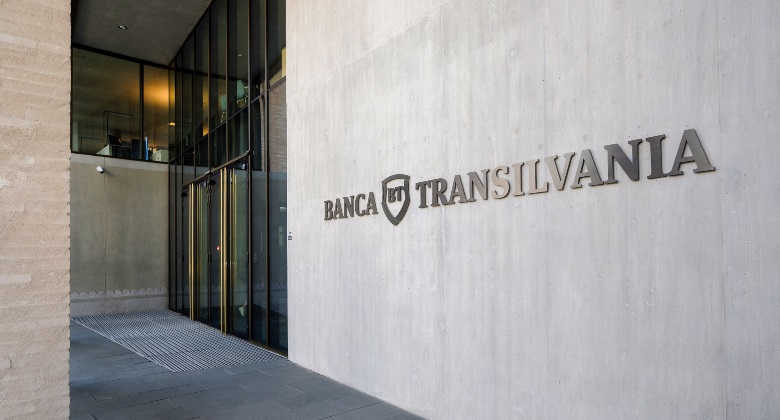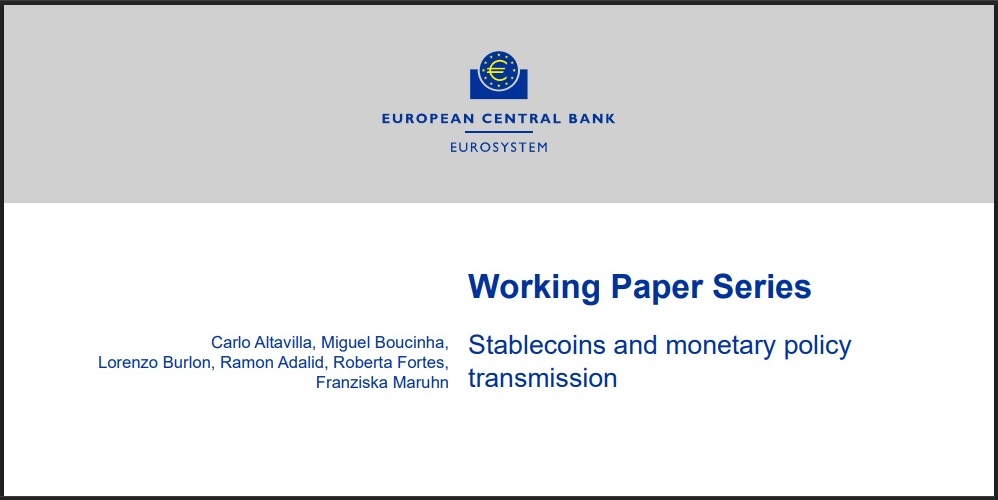EBA consults on new Guidelines to tackle de-risking

The European Banking Authority (EBA) launched today a public consultation on new Guidelines on the effective management of money laundering and terrorist financing (ML/TF) risks when providing access to financial services. Through these Guidelines, the EBA aims to ensure that customers, especially the most vulnerable ones, are not denied access to financial services without valid reason. This consultation runs until 6 February 2023.
Access to at least basic financial products and services is a prerequisite for organisations and individuals to participate in modern economic and social life. It can also save the lives of vulnerable customers, such as refugees or homeless people. However, such access is not always ensured.
To address this, the EBA is launching for public consultation on two new sets of Guidelines. The first set is adding a new section to the EBA’s ML/TF risk factors Guidelines, which set out what financial institutions should do to identify and tackle ML/TF risk. This new section will help financial institutions understand how NPOs are organised, how they can be different from other customers and what they can do to manage ML/TF risks associated with such customers effectively instead of denying them access to financial services.
The second set tackles the issue of effective management of ML/TF risks by financial institutions when providing access to financial services. These Guidelines clarify the interaction between the access to financial services and institutions’ AML/CFT obligations, including in situation where customers, including the most vulnerable, have legitimate reasons to be unable to provide traditional forms of identity documentation. In addition, they set out the steps institutions should take when considering whether to refuse or terminate a business relationship with a customer based on ML/TF risk or AML/CFT compliance grounds.
Consultation process
Comments to the consultations can be sent to the EBA by clicking on the „send your comments” button on the respective consultation page. Please note that the deadline for the submission of comments is 6 February 2023.
A public hearing will take place via conference call on Tuesday 10 of January from 14:00 to 15:30.
All contributions received will be published following the end of the consultation, unless requested otherwise.
Legal basis and background
These Guidelines have been developed in response to the European Commission’s request following the publication of the EBA’s Opinion on de-risking. They build on the EBA Opinion on the application of customer due diligence measures to customers who are asylum seekers from higher-risk third countries or territories issued in 2016 and on the statement the EBA issued in the context of the war in Ukraine. They are also in line with the EBA’s legal mandate to lead, coordinate and monitor the EU financial sector’s fight against ML/TF.
________
DOCUMENTS
LINKS
Guidelines on ML/TF risk factors (revised)
Anti-Money Laundering and Countering the Financing of Terrorism
Dariusz Mazurkiewicz – CEO at BLIK Polish Payment Standard
Banking 4.0 – „how was the experience for you”
„To be honest I think that Sinaia, your conference, is much better then Davos.”
Many more interesting quotes in the video below:










